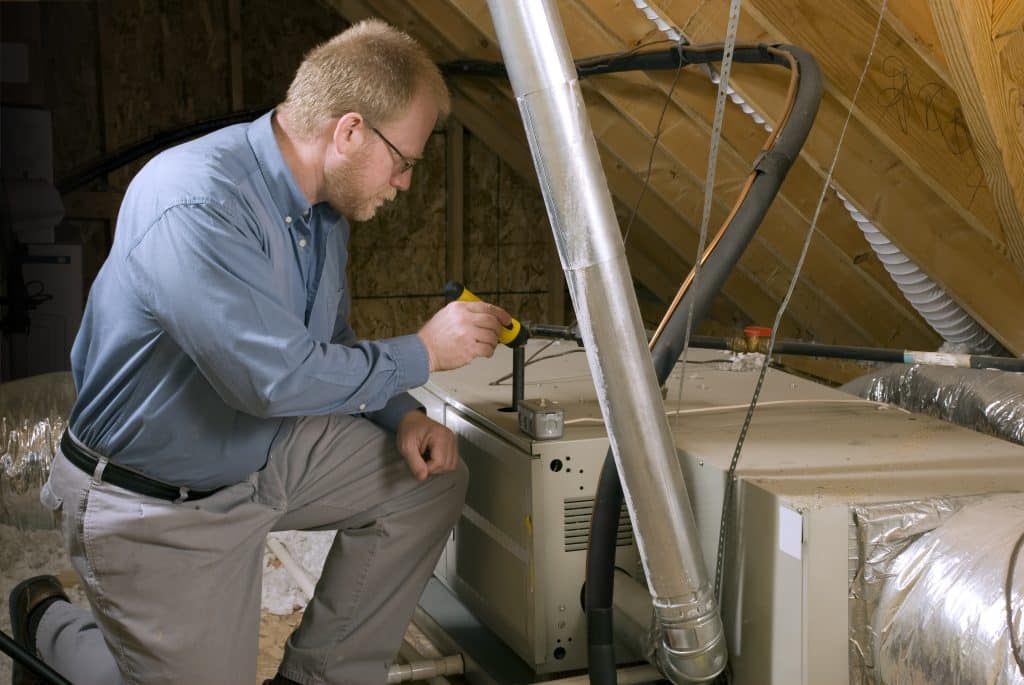Most of the time, homeowners don’t think about their electrical system until it stops working. Bad storms, heat waves and cold snaps can disrupt the electrical power supply. Those phenomena can’t be controlled, but there are some things homeowners can do to ensure their electrical systems is in safe working order. The difficult part about electricity is it cannot be seen. Unlike a plumbing leak, there may be no telltale signs of electrical failure.
Most Americans live on an electrical grid. The power company is responsible for and delivers the electricity to the home. From there, it becomes the homeowner’s responsibility.
Basics of the Electrical System
Power enters the home at the distribution panel, which is also called the fuse box or breaker panel. There also may be sub-panels. These panels are where the wiring in the house is distributed. From there, the electricity goes to the different branches or circuits, e.g., the kitchen, bedrooms, living room, etc. Some of the branches are protected by safety devices called ground fault circuit interrupters (GFCIs) or arc fault circuit interrupters (AFCIs). Those devices help protect people from shock hazards or fires. Keep in mind that sometimes the GFCIs and AFCIs are controlled in the main service panel or a sub-panel.
Precautions
- Test the GFCI and AFCI devices monthly. The devices have a push button that says, “test monthly.” To test it, push the button and the power to them should go off. If not, it should be replaced.
- Extension cords are useful but should not be considered permanent. Many appliance manufacturers’ specifications prohibit the use of extension cords. They may overheat or cause trip hazards.
- Outlet multipliers, devices that can be plugged into a receptacle to increase the number of slots available, should be used with extreme caution. Overheating may occur, which could cause a fire. A better approach would be to have another receptacle wired into the circuit.
- Receptacles should not be painted. Paint may cause a plug to fit loosely, which could cause a shock or fire hazard.
- Grounding prongs from appliances should not be cut off to fit into a two-pronged receptacle.
- Watch for frayed wires or broken receptacles. Don’t plug appliances into a damaged receptacle until it is repaired/replaced.
Maintenance
Although electrical components can last for many years, they do wear out or become outdated over time. Periodic inspection of a home’s electrical system by an ASHI inspector is important. Because of the inherent shock/fire hazards in dealing with electricity, it is recommended that a qualified electrician should be hired to correct electrical problems or update any components.
Schedule a Home Inspection
Periodic inspection of the entire home is recommended every few years. Find an ASHI home inspector in your area to schedule a home inspection and improve your home maintenance.

Looking for a home inspector to assess your prospective property can be a daunting task. Fortunately, the American Society of Home Inspectors (ASHI) can help simplify the process.


Become a Member
Your success starts here with ASHI. Join the best in the Home Inspection industry – Become an ASHI Member today.